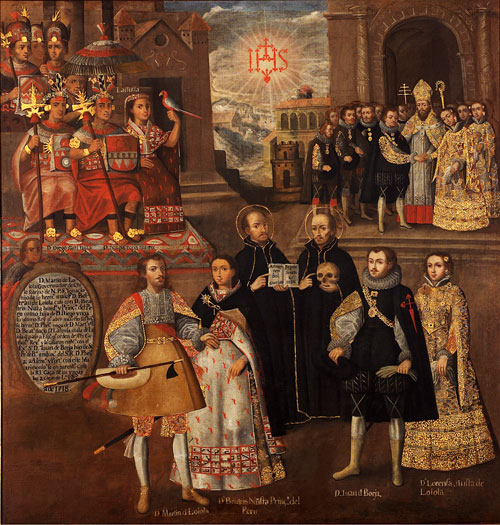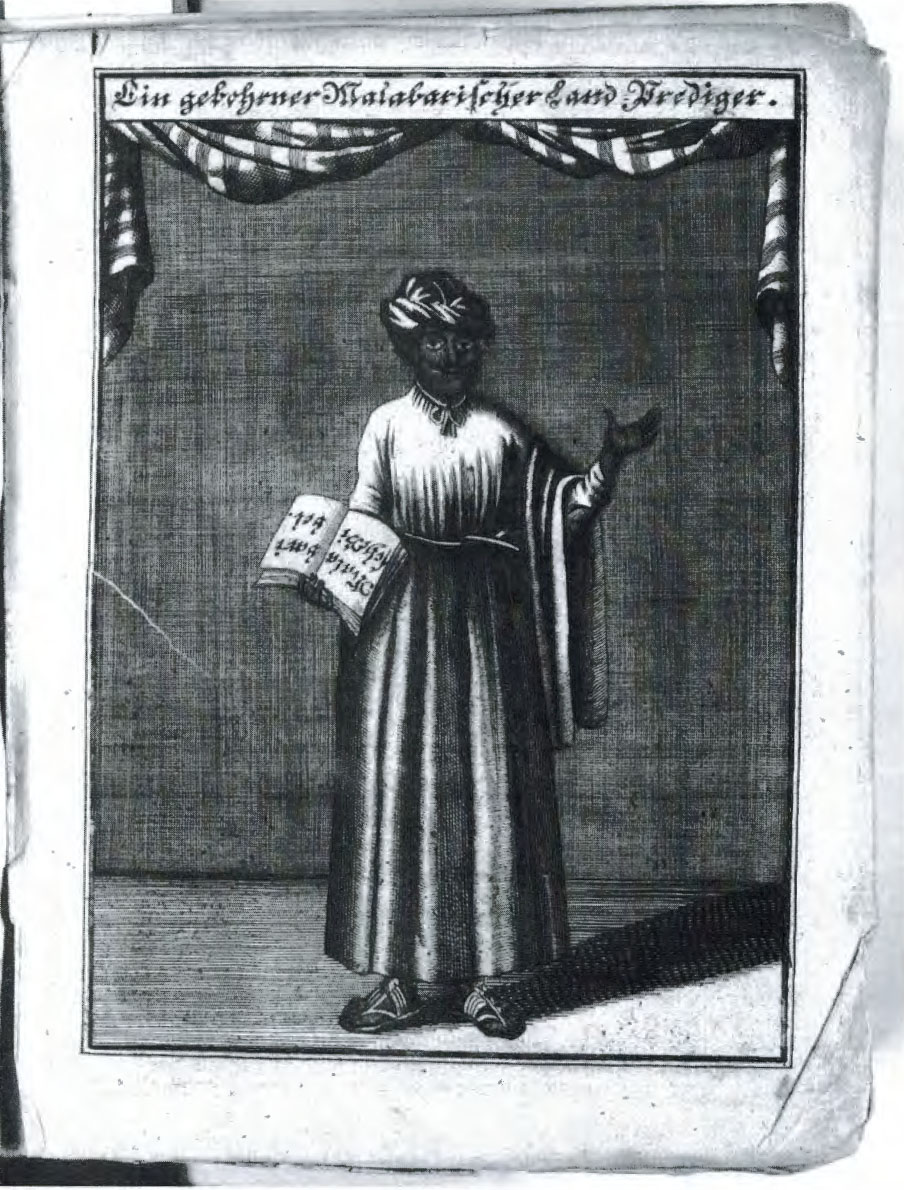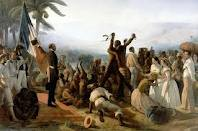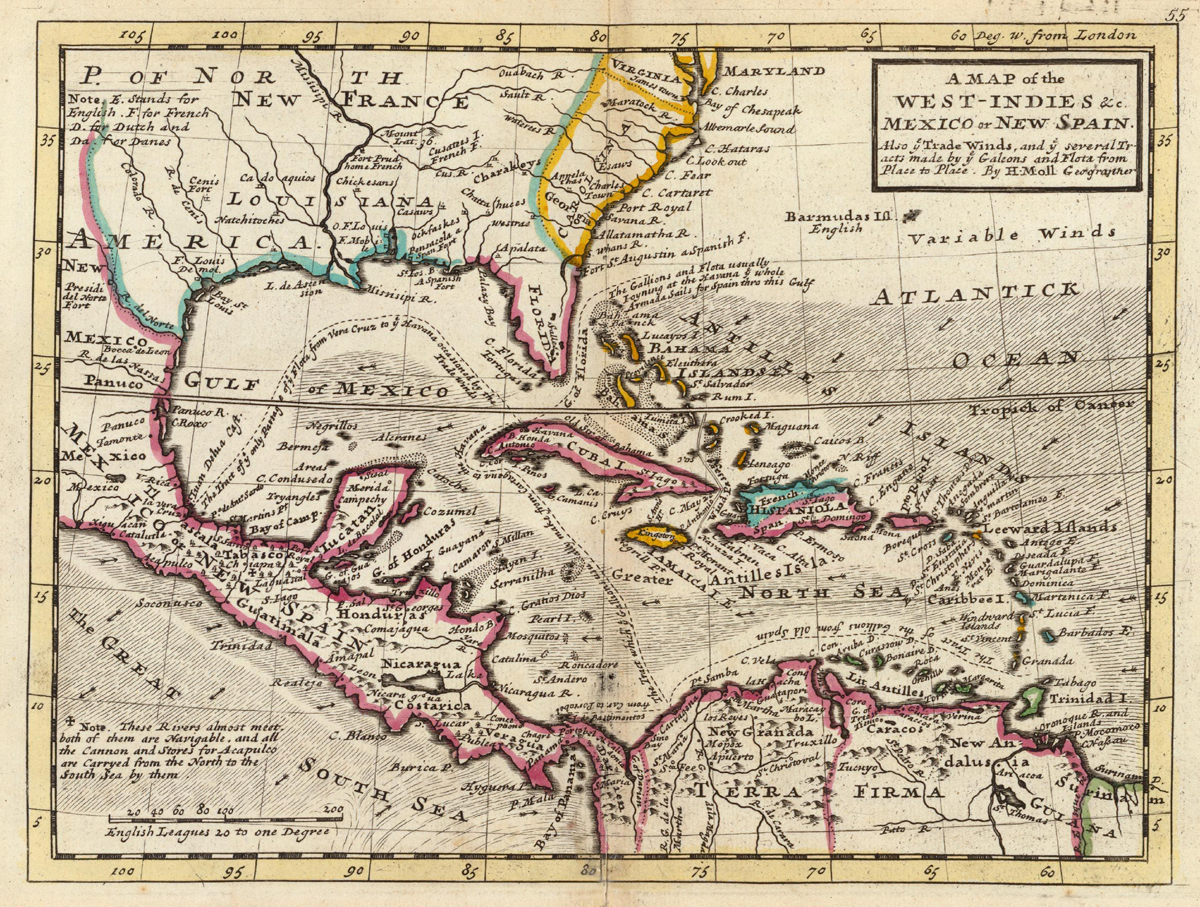6. Enlightenment in Global Networks
European culture is connected with the different areas of the world, and not only since the colonial era. Besides the missions and colonies in the Americas, in both Indias as well as in other parts of the world, a significant strain on the traditional powers and cultures, as well as hegemonic claims, can also always be found.
What can, aspires to or should be considered enlightened in the face of this global constellation? What should not? The topic “Enlightenment in global networks” will accordingly resituate these questions in relationship to missionary endeavours and colonialism.
Projects
Lumières vs. Illuminismo: the French and Italian Enlightenments in Conflict
Robert Fajen
The relationship between French and Italian Enlightenments can be described - at least at first sight - as the archetype of the conflict between center and periphery. Their respective importance seems clear: in the decades between 1740 and 1790, Paris is regarded across Europe as the imaginary center stage of an epochal discourse that reevaluates and reorganizes the knowledge of the world.
read more






